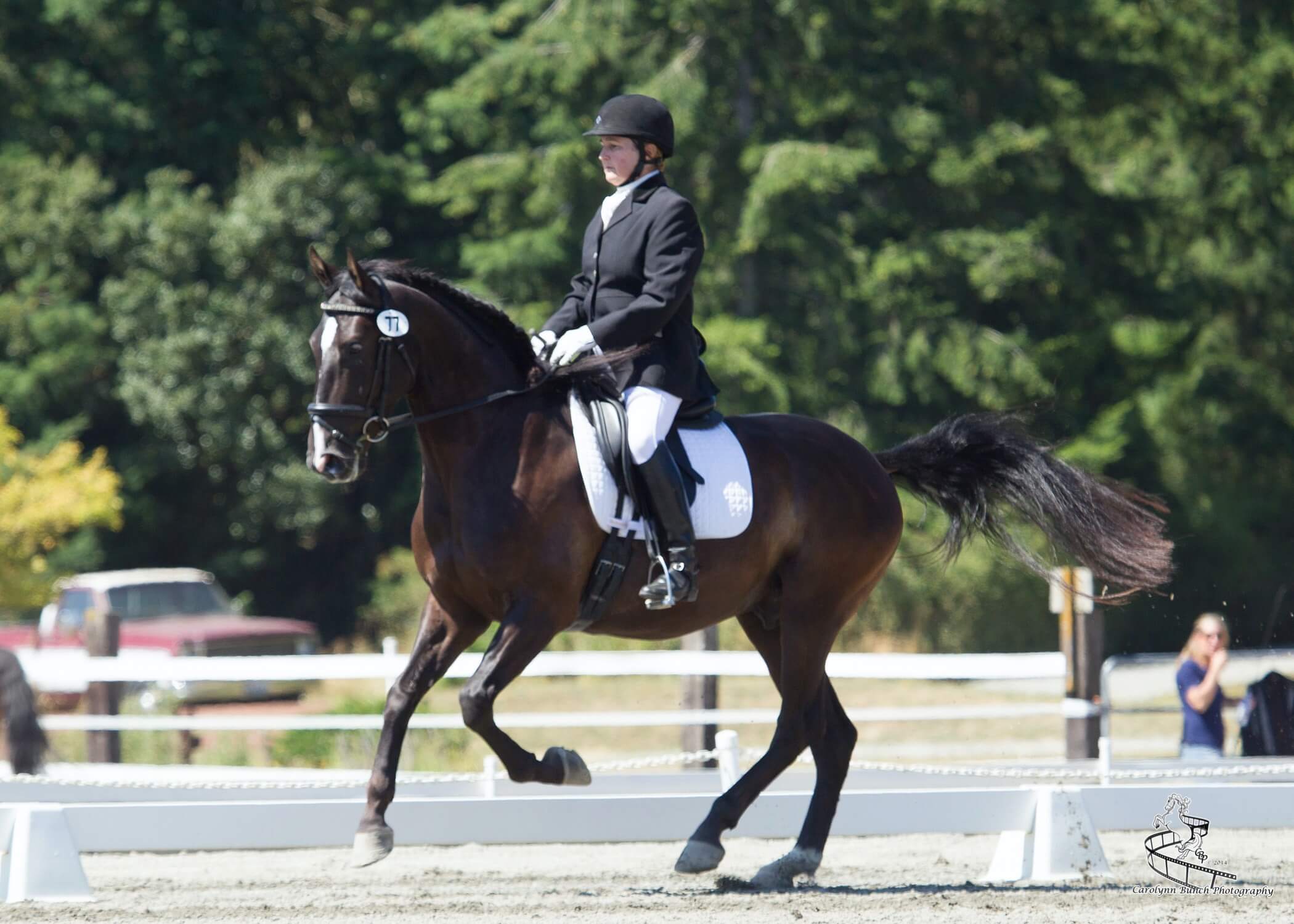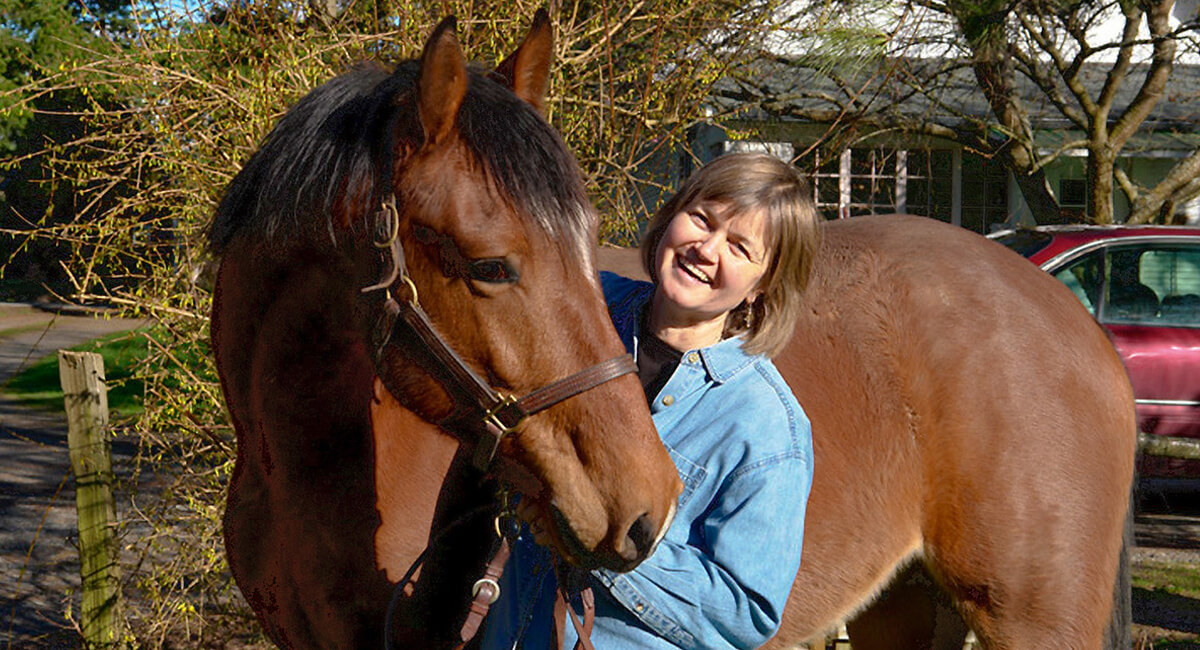Think Like a Buyer When Marketing Your Horse
A friend of mine was recently in the market for a new horse, and she shared with me her frustrations about the choices some sellers make when presenting their horses. Carol Landt has been riding and training horses for decades. She’s an FEI dressage rider and has trained many horses from greenies to the upper levels of dressage.
I thought it might be helpful for those trying to sell a horse to see things from the perspective of someone hoping to buy one. She wrote this about her horse-search experience:
*******************************************************************************
My interest in horses (besides them being wonderful) is the training aspect. I enjoy taking a relatively untrained horse and turning him into a dance partner. The horse tells me if he wants to do ballroom, square dancing, or something else. Once I’ve finished a horse to the extent of their abilities, I like to begin again.
I look for lightly started, cooperative, younger horses. Recent shopping has been disappointing. One lovely 3-year-old Quarter horse was sore when I went to see him. I don’t believe he was truly unsound. My guess is that they rode him hard the day before I came, and he ended up sore, making him unlevel. I didn’t go back another day.
The next horse I looked at was an eight-hour drive, round trip. He was a nice looking horse, but impossible to evaluate as his mouth was very sore. There were small sores on both sides of his lips where the snaffle had rubbed the hide off. When I picked up a rein, he threw his head in discomfort. Again, I imagine he’d been ridden hard the day before to get him “ready” to be shown to a potential buyer. In both cases this kind of preparation by the seller backfired.
Since this is my opportunity to rant, I’m always mystified when I arrive at a farm and the horse is already saddled. I want to see the horse’s conformation, watch him walk, and see his demeanor when saddled.
******************************************************************************
It’s important to be able to step into other people’s shoes and see things from their perspective, as best we can. If you’re selling, you should assume the buyer will see things that are obvious about your horse. Ask the buyer before they come how they want the horse presented. Be honest about the horse’s training and experience. Treat the horse and the potential buyer the way you would want to be treated.
See this article in the March 2024 online edition:
March 2024

Kim Roe grew up riding on the family ranch and competed in Western rail classes, trail horse, reining, working cow, and hunter/jumper. She trained her first horse for money at 12 years old, starting a pony for a neighbor.
Kim has been a professional dressage instructor in Washington state for over 30 years, training hundreds of horses and students through the levels. In recent years Kim has become involved in Working Equitation and is a small ‘r’ Working Equitation judge with WE United.
Kim is the editor of the Northwest Horse Source Magazine, and also a writer, photographer, and poet. She owns and manages Blue Gate Farm in Deming, Washington where she continues to be passionate about helping horses and riders in many disciplines.





